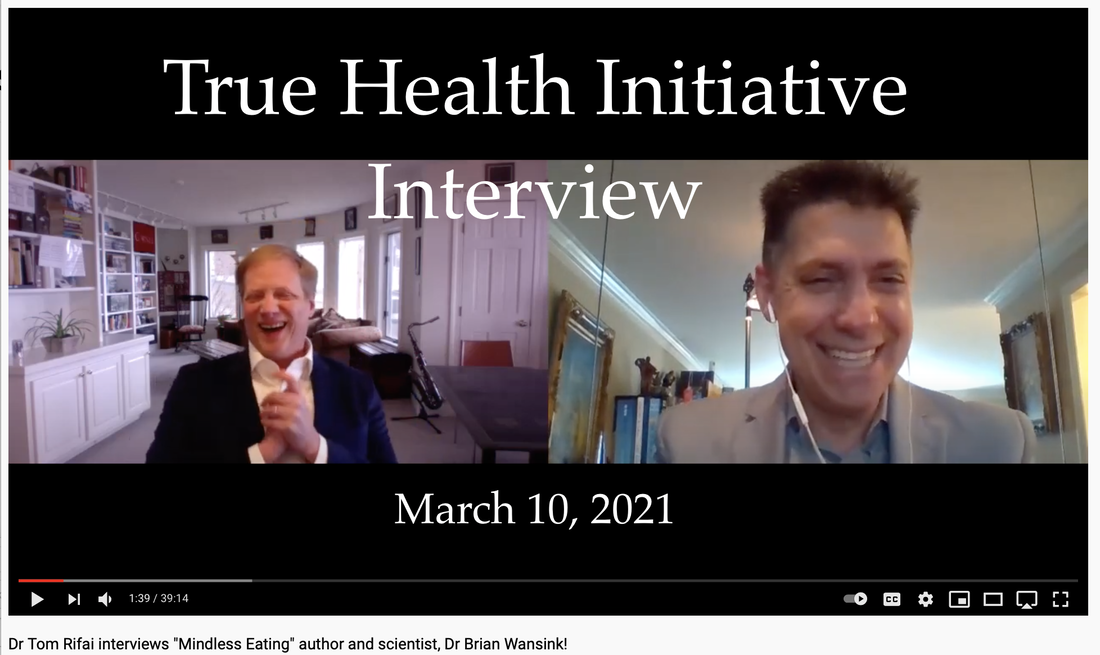 This is a COVID adaption of a post from last year. It's about how to be productive, and given some of the oscillation in motivation that has been happening with homebound workers, it has a new relevance. On a late afternoon about 20 years ago, I stepped into a slow elevator with my college’s most productive, famous, and taciturn senior professor. After 10 seconds of silence, I asked, “Did you publish anything yet today?” He stared at me for about 4 seconds and said, “The day’s not over.” Cool . . . very Clint Eastwood-like. Most of us have some super-productive days and we have some bad days, but most lie in-between. If we could figure out what leads to great days, we might be able to trigger more of them in our life. Think of the most recent “great day” you had. What made it great, and how did it start? For about 20 years, every time somebody told me they had a great day, I’d ask “What made it great? How did it start out? About 50% of the time its greatness had to do with an external “good news” event like something great happening at work, great news from their kids or spouse, a nice surprise, or nice call or email from a grateful person or an old friend. The other 50% of the time, the reason for “greatness” was more “internal.” They had a super productive day, they finished a project or a bunch of errands, or they had a breakthrough solution to a problem or something they should do. External successes are easy to celebrate with our friends. Internal successes are more unpredictable. What made today a great day and what sabotaged yesterday? When people had great days, one reoccurring feature was that they started off great. There was no delay between when they got out of bed and when they Unleashed the Greatness. People said things like, “I just got started and seemed to get everything done,” or “I finished up this one thing and then just kept going.” One of the most productive authors I've known said that got up six days a week at 6:30 and wrote from 7:00 to 9:00 without interruption. Then he kissed his wife good-bye and drove into school and worked there. When I asked how long he had done that he said, “Forever.” About a year ago, I started toying with the idea that "Your first two hours set the tone for the whole day." Think of your last mediocre day. Did it start out mediocre? That would also be consistent with this notion. We can’t trigger every day to be great, but maybe we have more control than we think. If we focus on making our first two hours great, it might set the tone for the rest of the day. What we need to decide is what we can we do in those first two hours after waking that would trigger an amazing day and what would sabotage it and make it mediocre. For me, it seems writing, exercise, prayer, or meditation are the good triggers, and it seems answering emails, reading the news, or surfing are the saboteurs. Here’s to you having lots of amazing days. Comments are closed.
|
Welcome!Here are some tips, tricks, and secrets on how you and your family can eat to be healthier and happier. They're based on over 30 years of our published research.
Fun InterviewsMost Visited Last Month• For You
• Smarter Lunchrooms • The X'Plozionz Band • Help your family • Kitchen Scorecard • Retracted papers • Grocery secrets • Do kids inherit taste? • Be healthier at work • How not to retire • Estimating calories • Restaurant Secrets • Syllabus template Top 2024 Downloads• Kitchen Makeover
• Smarter Lunchrooms • Smarter Lunchroom Scorecard • Grocery Shopping Hacks • Restaurant Secrets • Write a Useful Syllabus • Workplace Wellness Tips • Healthy Profitable Menus Categories
All
|




 RSS Feed
RSS Feed